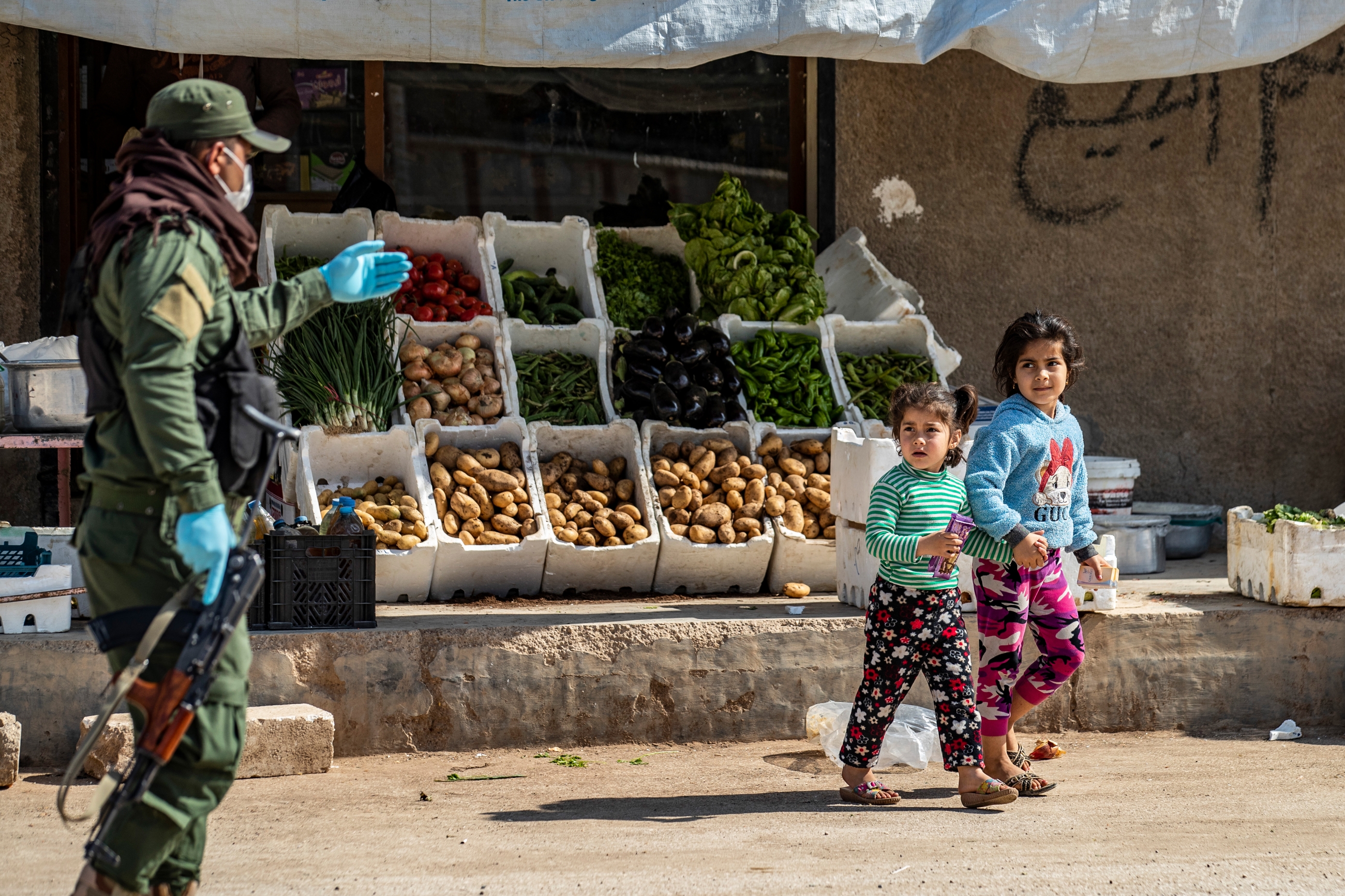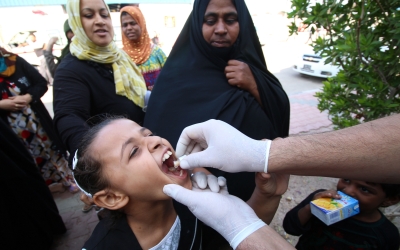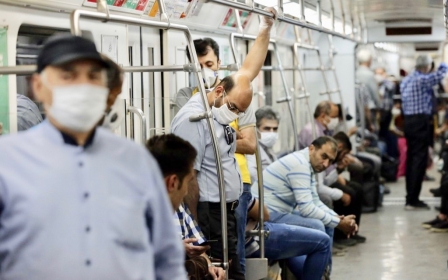Coronavirus: UN warns of more than 50,000 MENA children deaths by end of 2020

The UN has warned that 51,000 children could die across the Middle East and North Africa as a result of the coronavirus pandemic by the end 0f 2020.
In a statement on Monday, the World Health Organisation (WHO) and Unicef said that the disruptive impact of the pandemic on healthcare systems could have a devastating effect for under-fives, potentially "reversing progress [on] child survival in the region by nearly two decades".
"While we do not have many cases of Covid-19 among children in the region, it is evident that the pandemic is affecting children's health firsthand," the agencies warned in a joint statement issued in the Jordanian capital Amman.
The death toll would represent an increase of almost 40 percent compared with figures prior to the beginning of the Covid-19 pandemic.
The agencies warned that a combination of a lack of resources, crumbling health infrastructure and parents' fears of contracting the virus risked an escalating number of childhood deaths.
New MEE newsletter: Jerusalem Dispatch
Sign up to get the latest insights and analysis on Israel-Palestine, alongside Turkey Unpacked and other MEE newsletters
"But we can avoid this scenario, allowing tens of thousands of children to celebrate their fifth birthday surrounded by their families and friends," they said, adding that governments needed to "to increase trust in public health systems and promote appropriate care-seeking behaviours among families".
The impact of the coronavirus spread on immunisation campaigns, which were already often patchy and uneven, has been a major concern of doctors and healthcare workers in the region.
Speaking to Middle East Eye in April, Zeina Awad, chief of communications at Unicef Iraq, said it was vital that immunisations continued, a call echoed in Monday's statement.
"In some countries, there may be temporary interruptions of routine services, which is why we are asking that governments begin rigorous planning now to intensify immunisation activities once the Covid-19 pandemic is under control," she said.
"These vaccination activities must focus on children who will miss vaccine doses during this period of interruption and prioritise the poorest and most vulnerable children."
One Iraqi doctor told MEE, on condition of anonymity, that parents were afraid of travelling to health centres because they feared contracting the Covid-19 virus, while some health centres were working at 50 percent capacity, or were completely closed, as staff in smaller ones were moved to primary care centres.
She warned that the current outbreak was limiting the distribution of the pneumococcal vaccine, which is used against meningitis and pneumonia.
Middle East Eye delivers independent and unrivalled coverage and analysis of the Middle East, North Africa and beyond. To learn more about republishing this content and the associated fees, please fill out this form. More about MEE can be found here.





